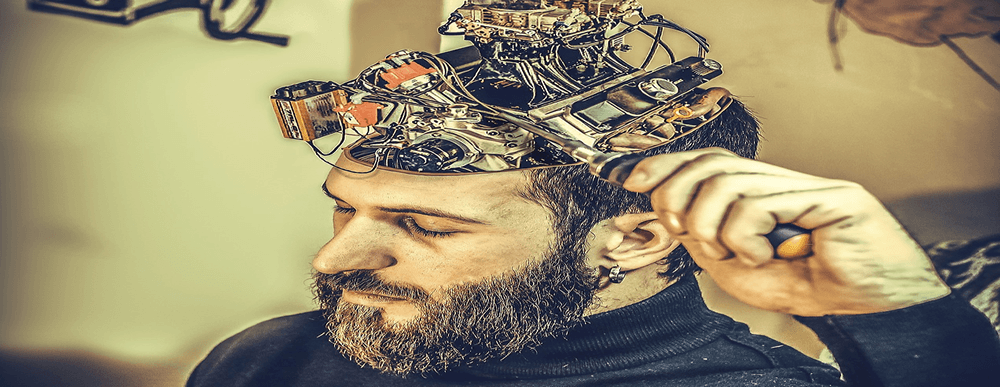
Ever heard of the saying, “all work and no play makes Jack a dull boy”? That is just the tip of the iceberg on how gaming affects the brain.
As video games advance, there is a growing number of evidence that shows that it affects the brain by causing some changes in many regions of it.
Scientists in an effort to give a clear view of the effect of video games summarized results from 116 scientific studies that showed the different ways video games can affect our brain and our behaviors. Their findings were later published in the Frontiers in Human Neuroscience.
Marc Palaus, the first author in the review, said “games have sometimes been praised or demoralized often without real data backing up those claims. Moreover, gaming is a popular activity, so everyone seems to have a strong opinion on the topic.”
A total of 22 of the reviewed studies by Marc looked to discover structural changes in the brain, and the other scientists tried to identify changes in the functionality and the behavior of the brain. After the research, both faculties turned out to be right, both the structure and how the brain performs were seen to have been affected by video gaming.
The study showed that video game players experienced improvements in several types of attention and focus, including sustained attention and selective attention, and so, the region in their brain responsible for attention was more efficient when compared to non-gamers.
Evidence also reveals that playing video games also increases the size and competence of the brain responsible for visuospatial skills (it is the ability of an individual to identify visual and spatial relationships among objects). Long term gamers and others who volunteered to take part in a video game training plan developed the right hippocampus of their brain; hence, it was enlarged.
Playing video games also changes the way gamers see things in real life. Strategy games, for instance, helps gamers predict the future by anticipating what next is likely to come. It also helps with strategic thinking and skills management. Games put its players in difficult situations, and the experience of figuring a way out in such scenarios may help in a similar case in reality. Gaming is also believed to help build retentive memory. As you play, you force yourself to remember earlier details that develop your brain and the effect is not just beneficial in your gaming journey but also in other areas.
Playing video games can also be addictive. For gaming addicts, there is structural and functional alteration in the neural reward system- these systems are what help in learning, pleasure, and motivation. Exposing such videogame addicts to game-related cues caused them to crave playing which allowed for accurate monitoring of their brain and neuro-pathways.
“We focus on how the brain reacts to videogame exposure, but these effects do not always translate to real-life changes” notes Palaus. Research in the effects of gaming on the brain is still taking baby steps, and scientists are still scrutinizing what aspect of gaming impacts what part of the brain and how those parts of the brain are impacted.

